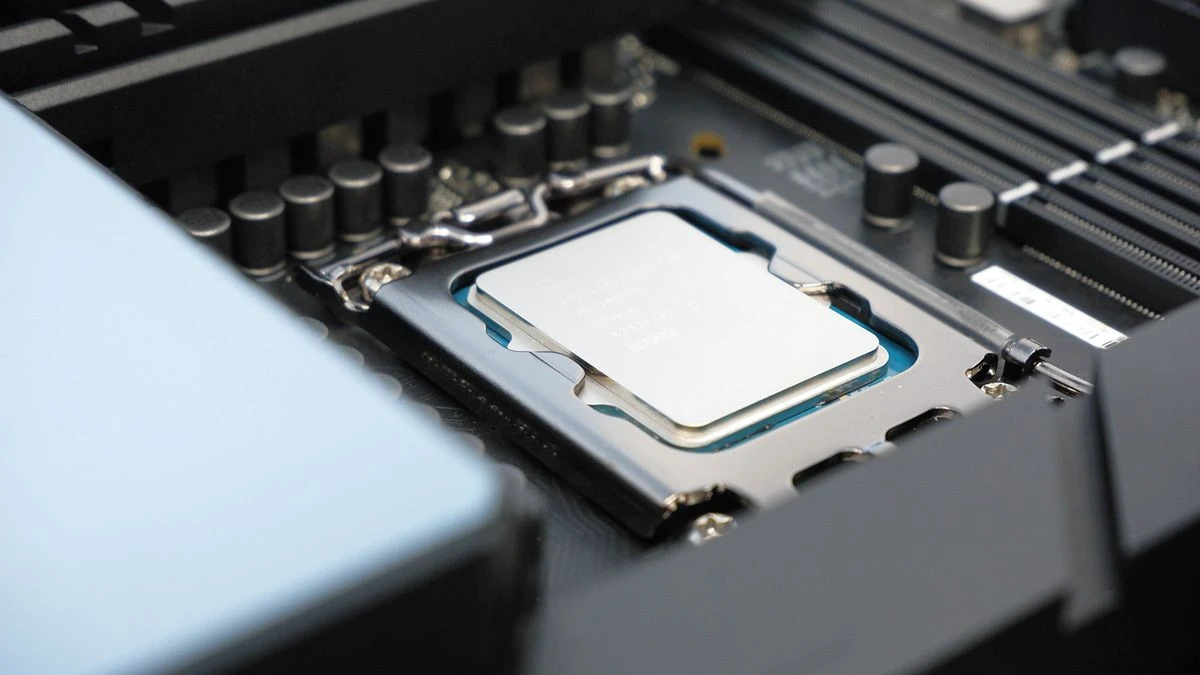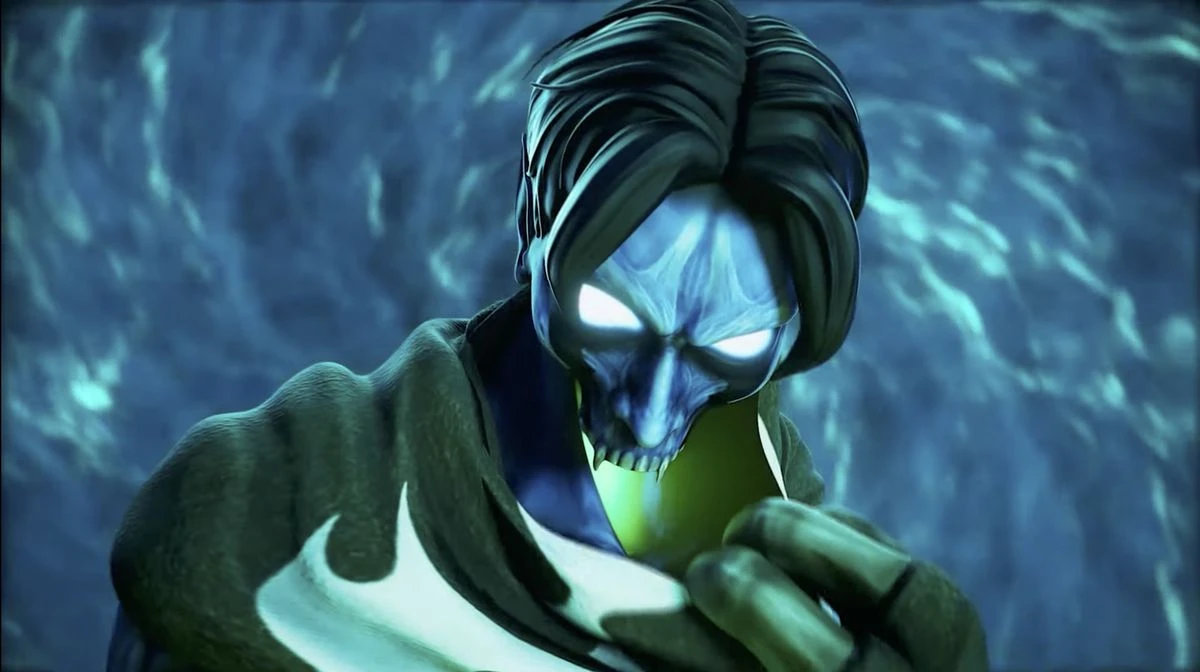Intel has found the cause of its top gaming chip's failure and is releasing a fix.
You might have thought that the Intel stability issue was over, since the official 0x129 fix was released in August. This update was supposed fix the problem, but it wasn't the root cause.
Intel has released a root cause fix in its 0x12B update for affected 13th and14th Gen CPUs. This update "addresses the elevated voltage requests made by the processor when it is idle or in a light activity period" which has been narrowed to a "clock tree circuit inside the IA core".
Intel has narrowed the problem down to a specific circuit in the bulk of the processor that houses all P- and ECores. As we knew, the problem is a Vmin issue, where voltage spikes increase the minimum operating voltage over time, as the CPU needs more power to stay stable, increasing degradation.
Intel has listed four scenarios which could lead to a Vmin shift.
- Motherboards exceeding Intel’s power recommendations
- The eTVB algorithm (Enhanced Thermal VelocityBoost) allows Intel Core 13th and i9 14th Gen CPUs to operate in higher "performance states" even at high temperatures
- High voltage requests are made by the processor at "a frequency and duration that can cause Vmin shift".
- The newly identified Microcode code and BIOS code which requests "elevated voltages that can cause Vmin shift, especially during periods of light activity and/or idleness"
The first one is simply a matter of following Intel's recommendations. The second and third were addressed in the previous 0x129 update. The fourth is the one that 0x12B aims to fix.
Intel has stated that it is "working with its partner to roll out relevant BIOS updates to the public", and we can expect motherboard manufacturers to release these updates soon.
Intel says that while we can't be sure until the update is released, it shouldn't have any impact on performance, at least according to the configurations they tested. In our testing of previous microcode upgrades, we did not notice any performance degradation. The company notes that "system performance depends on configuration and other factors."
Raptor Lake's stability problems have been around for a long time and have caused enough problems. Let's hope that this supposed root-cause fix can put an end to the problem.




Comments